In order to cut pollution, California state officials authorized a ban on the sale of new heavy rigs and buses that use diesel by 2036, going beyond what the federal government has mandated. This decision paves the way for other states to follow suit.
The law is the most recent in a string of ever-bolder efforts by California and the federal government to reduce greenhouse gas emissions from vehicles, which are the main source of pollution in the country.
The regulation was passed by the California Air Resources Board, and by 2045 it would completely ban the sale of new carbon dioxide-emitting trucks throughout the state. The rule includes short-term objectives for reducing the usage of diesel trucks by both public and private sector entities in the upcoming years.
If the federal government approves the ban, it will establish the nation’s strictest regulations for truck emissions, keeping California at the forefront of states attempting to cut greenhouse gas emissions.
Although some sizable businesses have already started using heavy-duty trucks with little to no carbon dioxide emissions, the plan calls for a complete transition in new truck purchases by 2036.
The board’s head, Liane Randolph, said in a statement that the rule “provides manufacturers, truck owners, and fueling providers the assurance that there will be a market and the demand for zero-emissions vehicles while providing a flexible path to making the transition toward clean air.”
If the federal government approves the ban, it will establish the nation’s strictest regulations for truck emissions, maintaining California at the forefront of states attempting to cut greenhouse gas emissions.
Although some sizable businesses have already started using heavy-duty trucks with little to no carbon dioxide emissions, the plan calls for a total transition in new truck purchases by 2036. The board’s head, Liane Randolph, said in a statement that the rule “provides manufacturers, truck owners, and fueling providers the assurance that there will be a market and demand for zero-emission vehicles while providing a flexible path to making the transition toward clean air.”
Why it matters?
The rest of the country, as well as the world, will be affected when California, the country’s largest market for cars and trucks, adopts new regulations regarding exhaust pollution. For many years, the state has led the way in developing the nation’s clean air laws.
California stands out among the states in that the 1970 Clean Air Act gives it the authority to enact stricter air pollution regulations than the federal government does. Historically, when California adopts new regulations, the federal government frequently imitates them.
Background
Over the past two years, California and the Biden administration have collaborated closely to advance a number of increasingly ambitious regulations intended to reduce climate change and other pollutants coming from vehicle tailpipes. By 2032, two-thirds of new passenger cars and a quarter of new heavy trucks produced in the United States are expected to be entirely electric, according to new requirements proposed by the Environmental Protection Agency in April.
These proposals were made to go along with a 2020 California law requiring that half of all garbage trucks, tractor-trailers, cement mixers, and other heavy vehicles sold in the state be all-electric by 2035, as well as a 2022 California law prohibiting the sale of new gasoline-powered cars after that year. The E.P.A. finalized new regulations in December that would reduce truck-related nitrogen oxide emissions by 48 percent by 2045. A tougher California regulation from 2020 that aimed to cut such emissions by 90% by 2045 had an impact on the creation of that rule.
What’s next?
The E.P.A. must first grant California a Clean Air Act waiver before the new regulation can be put into effect.
The Biden administration has already given the state such exceptions so that it can pass other auto emission regulations that are stricter than Washington’s, and it is likely to do so again in this case. Donald J. Trump, the former president, canceled a similar waiver that had allowed California to establish stricter auto tailpipe emission limits than the federal government did while he was in office.
Related Articles
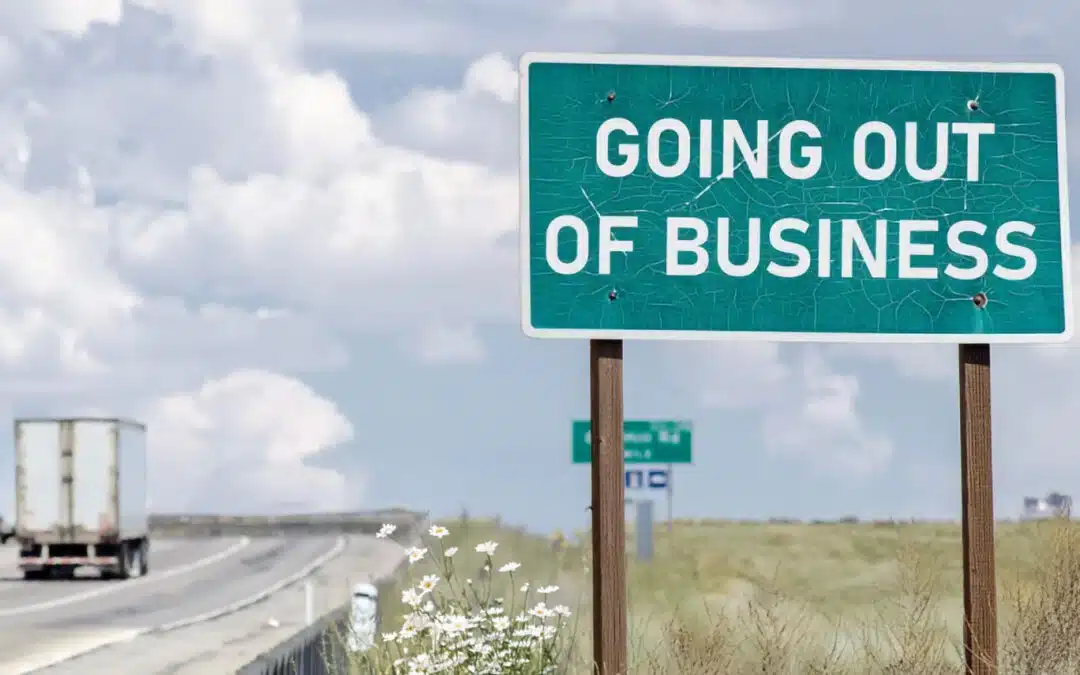
Texas Logistics Company Ceases Operations, Affects 500-Truck Fleet
In a surprising turn of events, a prominent Texas-based logistics company has announced the cessation of its operations, leading to a significant impact on its 500-truck fleet. This decision marks a major shift in the logistics landscape, affecting numerous...
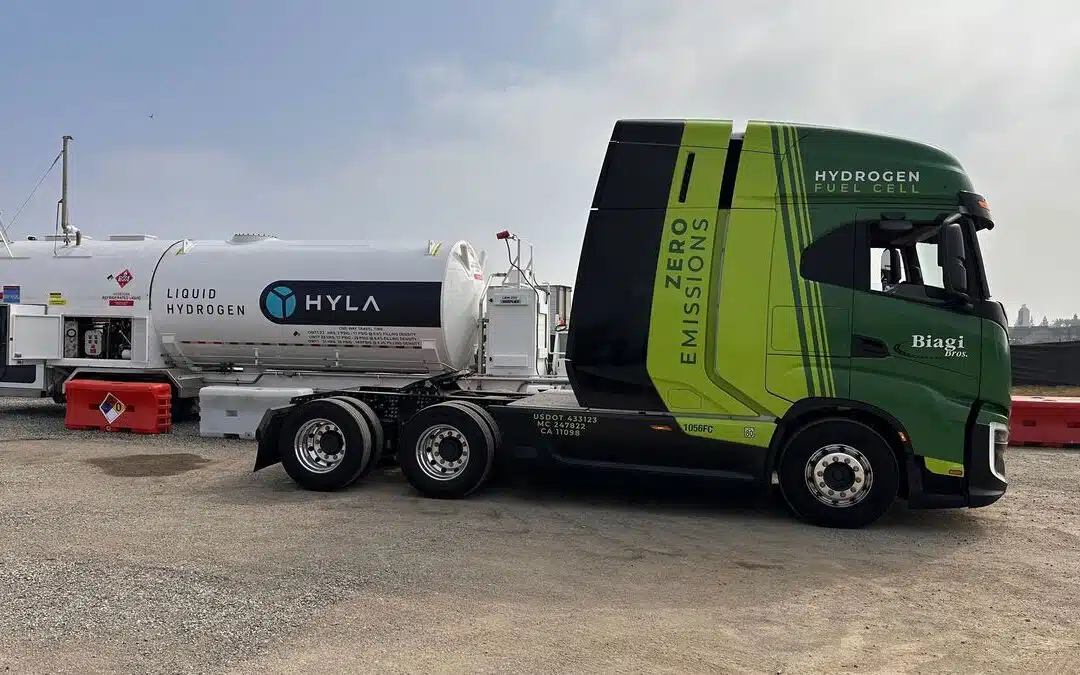
Revolutionizing Green Transport: Nikola’s Hydrogen Fueling Innovation
In the dynamic world of alternative fuel transportation, Nikola, a pioneering heavy-duty truck manufacturer, has recently unveiled its first HYLA-branded hydrogen refueling station. This strategic move marks a significant leap in hydrogen fueling innovation,...
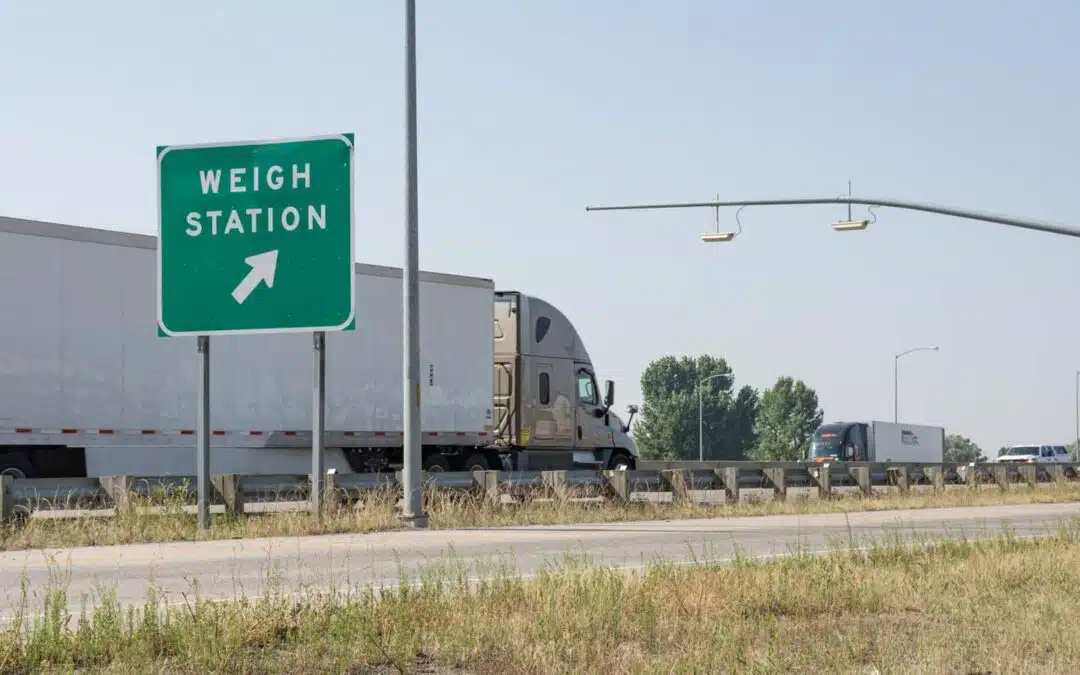
Breaking News: The MOVE Act Set to Transform State Authority on Truck Weight Limits Amid Rising Freight Congestion
Tackling Freight Congestion with the MOVE Act In an unprecedented move, the Modernizing Operations for Vehicles in Emergencies (MOVE) Act emerges as a game-changing proposal in the logistics and transportation sector. Aimed at combating freight congestion, this bill...
Stay Up to Date With The Latest News & Updates
Join Our Newsletter
Follow Us
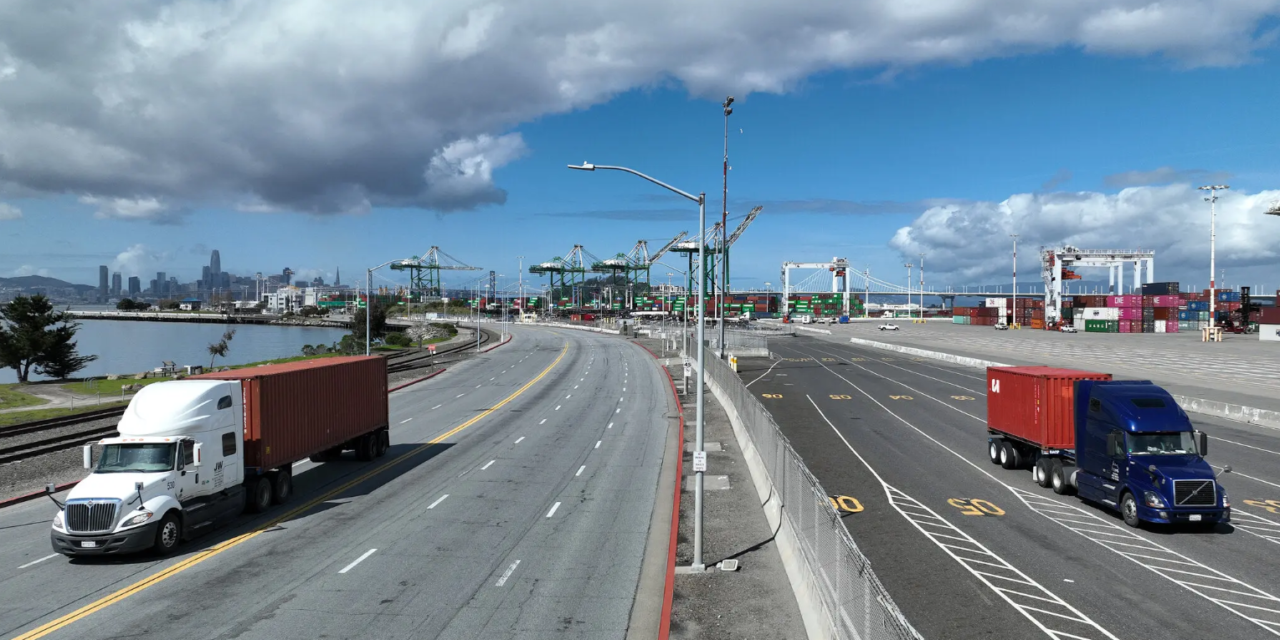

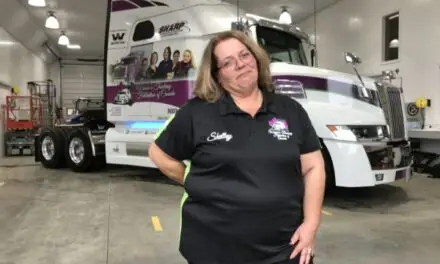
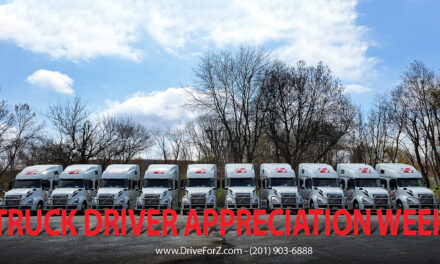
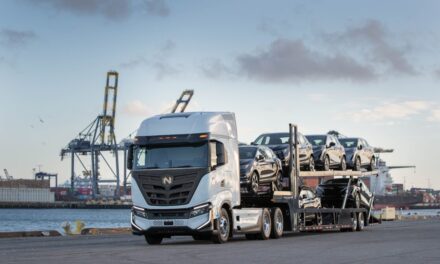



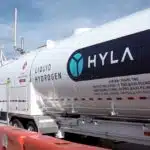
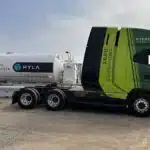
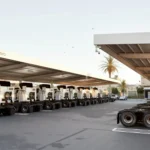

0 Comments